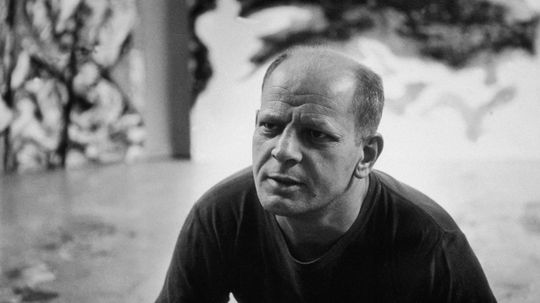In a world where creativity is revered, many ponder the influence of alcohol on one’s imaginative prowess. Is it possible that indulging in spirits can ignite the flames of inspiration or does it simply drown out our creative potential? This age-old question has sparked debates among artists and scholars alike, leaving us to wonder if there truly is a connection between libations and artistic brilliance.
A toast to liquid muses
For centuries, poets and painters have sought solace in the embrace of alcoholic beverages, believing them to be catalysts for their creative endeavors. The allure of whiskey-soaked words or wine-stained canvases has become synonymous with the romanticized image of the tortured artist. Some argue that alcohol loosens inhibitions, allowing ideas to flow freely without fear or self-doubt. It is said that within every sip lies a gateway to uncharted realms of imagination.
The blurred lines between genius and madness
However, as we delve deeper into this enigmatic relationship between alcohol and creativity, we must confront its darker side. History reveals countless tales of talented souls consumed by addiction – their artistry overshadowed by personal demons nurtured by excessive imbibing. While some may argue that intoxication fuels innovation, others caution against falling prey to its seductive grip.
A sobering reality
As much as we yearn for a definitive answer regarding alcohol’s impact on creativity, perhaps it is not so easily defined. Each individual possesses a unique relationship with both their craft and libations; what may inspire one could stifle another. It becomes crucial then for artists to tread carefully along this precarious path – embracing moderation while remaining mindful of their own boundaries.
Raising our glasses: A conclusion
Ultimately, the question of whether alcohol affects creativity remains shrouded in ambiguity. While some may find solace and inspiration within a glass, others may discover their true artistic potential through clarity of mind. It is not for us to judge or prescribe a universal truth; rather, we must respect the individual choices made by artists as they navigate the labyrinthine corridors of their own creative process.
